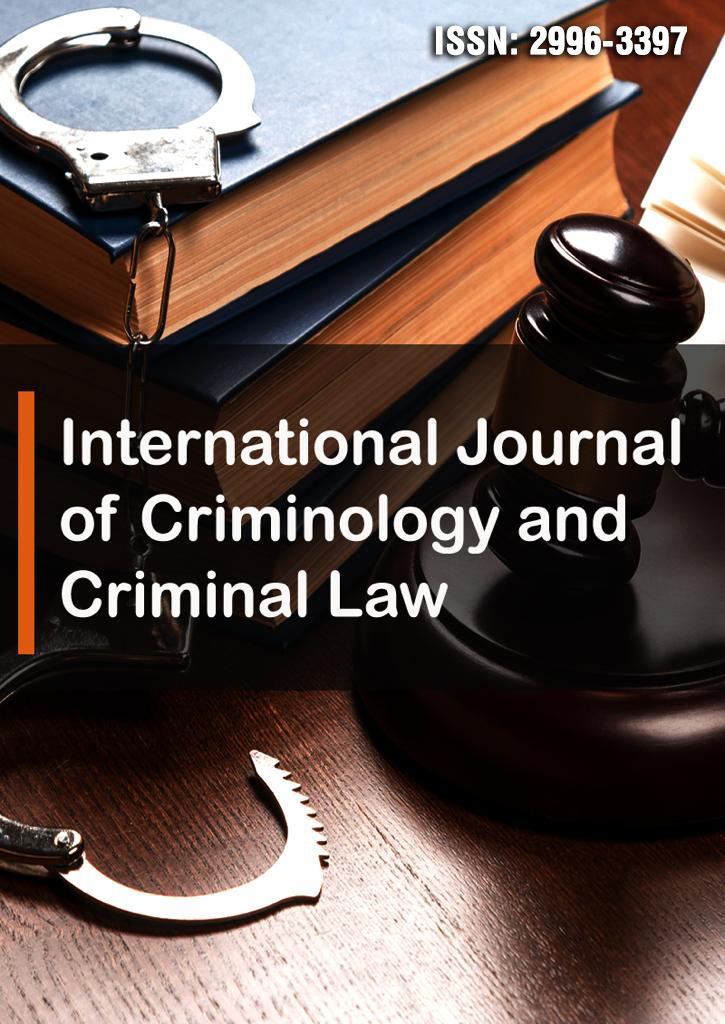Understanding the Presence of Human Trafficking Through the Lens of Feminism Philosophy
Abstract
Sushmita Paul
Human trafficking has raised significant political and public concerns in the contemporary time period. Individuals are often illegally trafficked throughout India for various purposes, such as forced labor or commercial sexual exploitation. India is an infamous destination for trafficked women from Bangladesh, primarily for commercial sexual exploitation. In West Ben- gal, the challenge of human trafficking poses a serious concern to the residents. Often in the news and official reports, it is observed that two districts of West Bengal, namely North Bengal and South 24 Parganas, are considered the main haven for perpetrators to traffic humans from one place to the other. The porous border that West Bengal shares with Bangladesh has aggravated the situation since the perpetrators can escape the scope of security while engaging in human trafficking. In order to understand the presence of human trafficking in contemporary times, an action that has been termed illegal for over a century now, this research will analyze and discuss why trafficking of humans still continues to persist through the lens of feminist philosophy. This research article seeks to analyze the theoretical framework advocated by the neo-abolitionists who condemn all forms of prostitution as they believe it is oppression against women and tries to understand the presence of human trafficking as a consequence of gender oppression.



